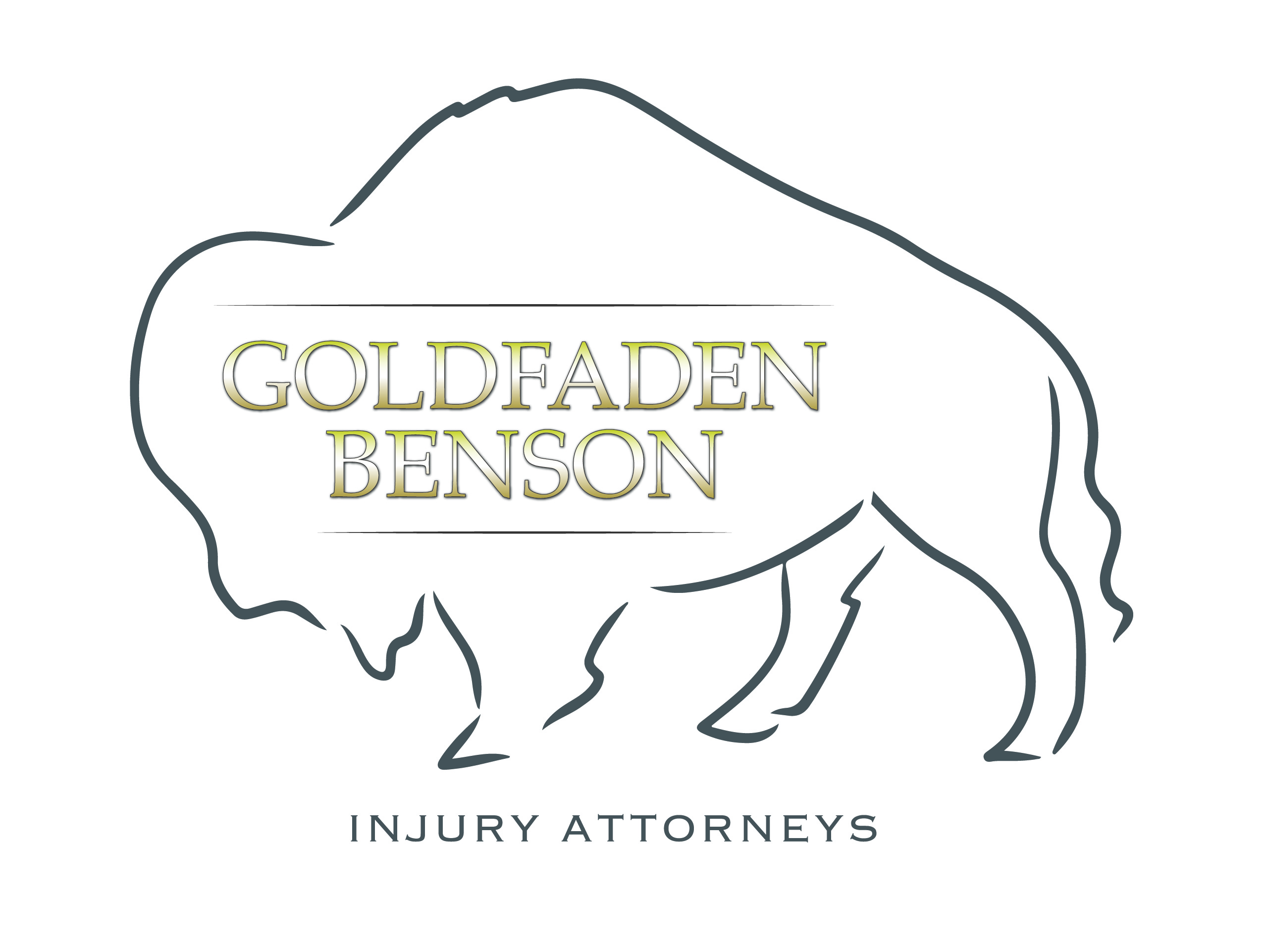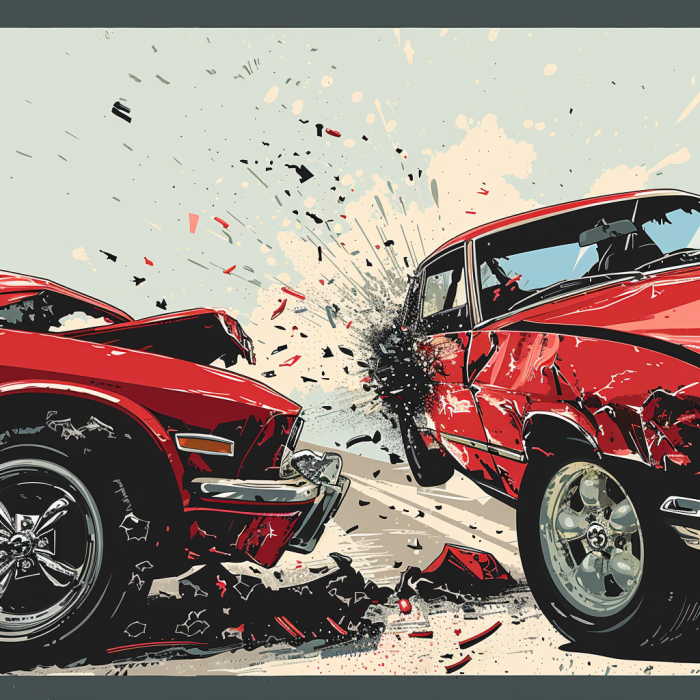7 Critical Steps to Take Immediately After a Car Accident
Car accidents can be disorienting, stressful, and downright frightening. However, knowing what to do in the immediate aftermath can significantly impact your physical, emotional, and financial recovery. This guide will walk you through 7 Critical Steps you should take right after a car accident, specifically tailored for residents of Southern California, including San Diego.
In just a few paragraphs, you'll understand not only what these steps are but why they are crucial for protecting your legal rights and options for civil litigation. Let's dive in.
1. Ensure Safety and Check for Injuries
Your first priority should be your safety and the safety of others involved in the accident. If it's safe to do so, move your vehicle to the side of the road to avoid blocking traffic and reducing the risk of a secondary collision.
Assessing Medical Needs
Check yourself and your passengers for injuries. Even minor aches and pains can indicate more severe issues, so it's critical to seek medical attention immediately. If anyone is injured, call 911 right away.
2. Notify the Authorities
In California, it's mandatory to report any accident resulting in injury, death, or substantial property damage. Dial 911 if immediate medical attention is required, or contact local law enforcement for less severe incidents. An official police report will be invaluable for your insurance claim and any ensuing civil litigation.
Gathering Official Documentation
The police will document the scene and gather statements, creating an impartial record of the accident. Make sure to obtain a copy of this report for your personal records and legal needs.
3. Exchange Information
Parties involved in the accident must exchange critical information. This includes names, phone numbers, addresses, driver’s license numbers, and insurance details.
Specifics to Collect
Take note of the make, model, and license plate number of the other vehicle(s). In addition, collect contact information from any witnesses as they can provide crucial testimonies during the claims process.
4. Document the Scene
If you're physically able, use your smartphone to take pictures and videos of the accident scene. Capture multiple angles and focus on vehicle damage, road conditions, traffic signals, and any visible injuries. These visuals will serve as compelling evidence should your claim be disputed.
Critical Steps Car Accident Documentation Tips
Photographic evidence can significantly influence the outcome of your case. Make sure your images are clear and comprehensive. Don't forget to document skid marks, debris, and any other relevant scene elements.
5. Avoid Admitting Fault
In the moments following an accident, emotions often run high. It’s crucial to remain calm and avoid making statements that could imply fault. Even a simple apology could be misconstrued as an admission of liability.
What To Say Instead
Stick to the facts when discussing the incident with law enforcement, other drivers, your insurance company, or witnesses. Statements like "I didn't see them" or "It was my fault" can prematurely influence legal judgments.
6. Notify Your Insurance Company
Report the accident to your insurance provider as soon as possible. Prompt notification ensures your claim is processed swiftly and efficiently.
Working with Insurance Adjusters
Be prepared to provide a detailed account of the accident and any documentation you’ve gathered. Your insurance policy likely requires you to cooperate fully, but it's wise to consult with an attorney before giving recorded statements.
7. Consult with a Lawyer
After taking care of immediate concerns, consult with a qualified personal injury attorney, especially if you’ve sustained injuries or significant property damage. A legal expert can help you navigate the complexities of insurance claims and potential lawsuits.
Why Legal Guidance is Crucial
In Southern California, the legal landscape can be complex. For instance, dealing with issues such as failing to secure evidence in a bus accident or understanding the specifics of bad faith insurance can be daunting without professional help.
Conclusion
Understanding these 7 Critical Steps can make all the difference in successfully navigating the aftermath of a car accident. Your health and safety come first, but ensuring you properly document the scene, avoid admitting fault, and consult with a legal expert are equally vital.
If you've been involved in a car accident in Southern California or have any questions about your legal rights and options, don't hesitate to contact Goldfaden Benson. Our experienced attorneys are here to help you every step of the way.
FAQs
1. How soon after an accident should I see a doctor?
It is advisable to see a doctor within 24-48 hours after an accident, even if you feel fine initially. Delayed symptoms can often indicate serious injuries.
2. What if the other driver doesn't have insurance?
In California, you can still seek compensation through your own insurance policy if you have uninsured/underinsured motorist coverage. Seeking legal guidance can also help explore other compensation options.
3. How long do I have to file a lawsuit after a car accident in California?
The statute of limitations for personal injury claims in California is generally two years from the date of the accident. However, consulting with an attorney promptly ensures you meet all necessary deadlines.
4. Can I handle my own insurance claim without a lawyer?
While you can handle your insurance claim independently, having an experienced attorney can significantly increase the likelihood of receiving fair compensation, especially in complex cases.
5. What should I do if I suspect the other driver was intoxicated?
Report your suspicions to the responding law enforcement officers. They will conduct appropriate tests and include their findings in the official report, which can be pivotal in your case.
For more detailed advice and assistance, contact Goldfaden Benson today.







